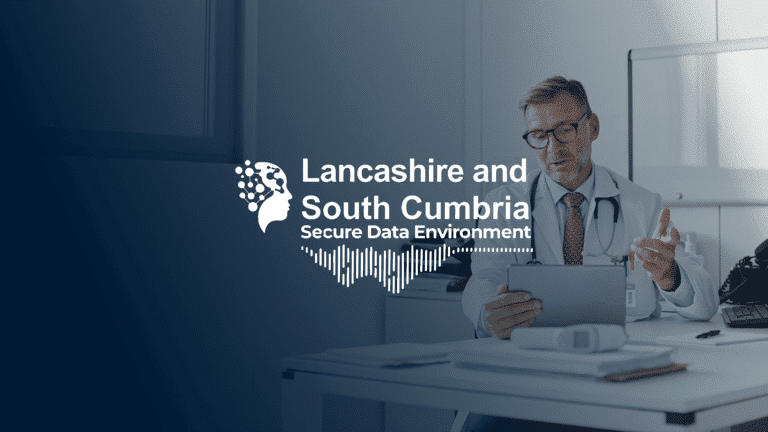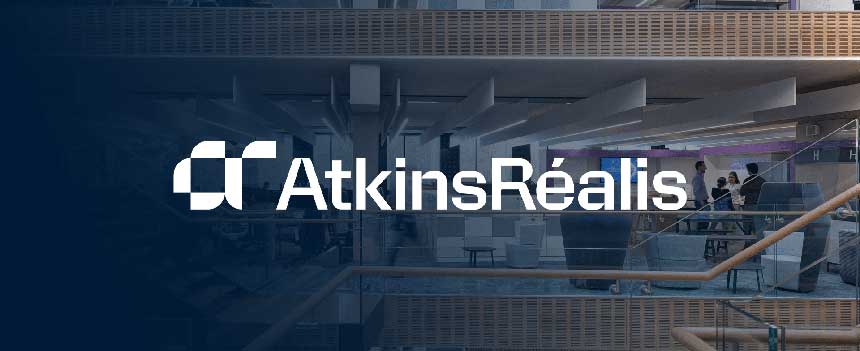Dave Exall, Chief Digital and Technology Officer at Simplyhealth says “To meet our strategic ambition to be more data led, we embarked on a project to create a new data landscape and platform. Over a period of 18 months, we have built out a new Microsoft Azure platform.”
Telefónica Tech has deployed an Azure data lake, data warehouse, Microsoft Azure Synapse Analytics, Data Factory and Databricks platform. “Telefónica Tech helped spin up the infrastructure and model out the principal data lake, data warehouse, and platform architecture and design the main business processes. Their consultants came in and worked hand-in-hand with my team to build the platform.”
To enable Simplyhealth to use data science, a hub and spoke model was devised. The data lake and data warehouse act as the first two major spokes for the business, and then the data science provides an additional spoke. In addition, Telefónica Tech implemented Microsoft Power BI to replace an on-premises Tableau technology and trained the Simplyhealth team in data science skills. “They trained the team in the data science processes, such as approach and technical questions to ask,” Bradley says.
“We wanted a trusted partner for that, and we selected Telefónica Tech as a Microsoft Gold Partner, and we have formed a really good rapport with them. The relationship we have built with Telefónica Tech is fantastic and has a huge amount of flexibility,” Bradley says.








